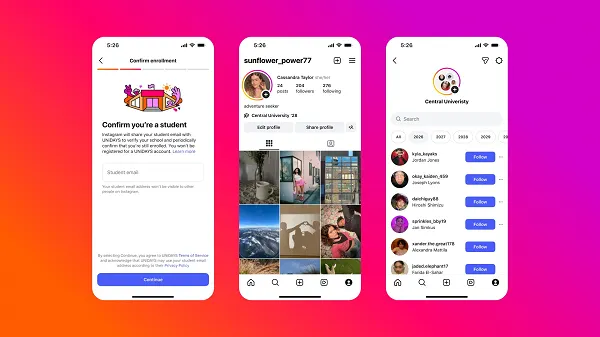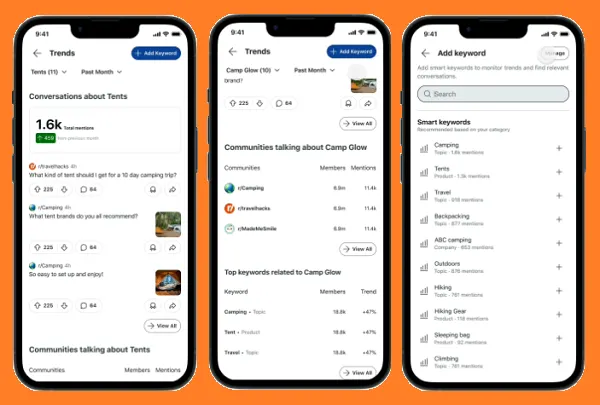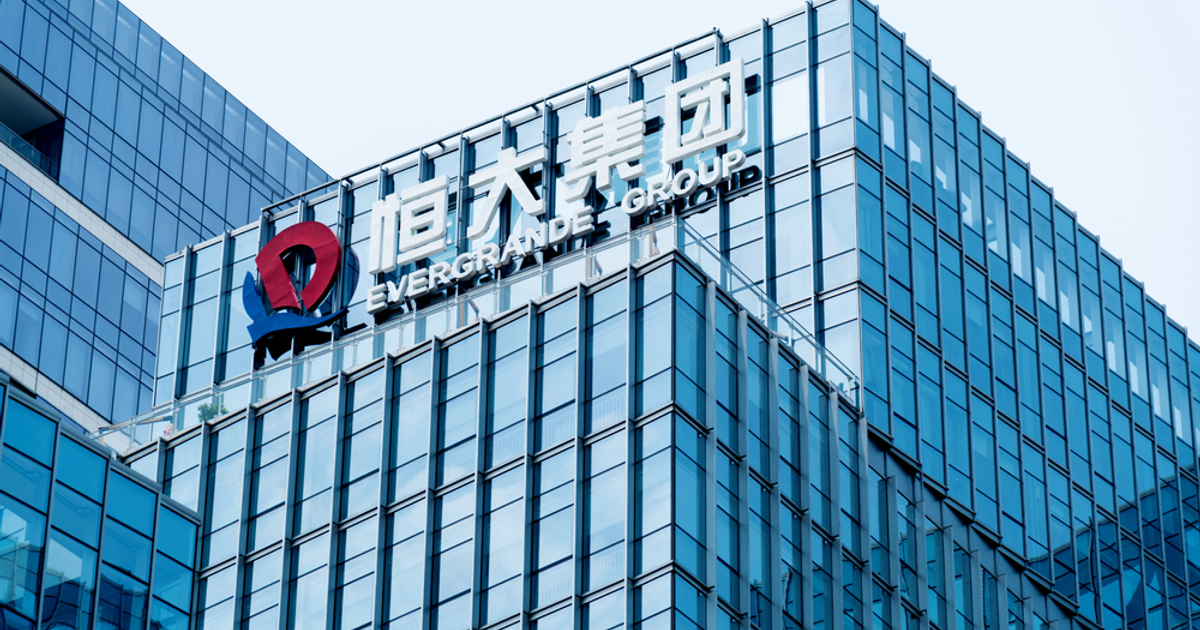Nielsen buyout may be driven by doubts about its next-generation measurement
Elliott Management may think the market is undervaluing Nielsen One, whose chief just left for Meta.

Nielsen may once again be a private company, according to the Wall Street Journal, which reported yesterday that a consortium led by activist investment fund Elliott Management is in advanced talks to buy the company. But such a move would unlikely make much of a difference in Nielsen’s ongoing battle to remain the dominant player in U.S. media measurement amid uncertainties around the rollout of its next-generation Nielsen One platform.
The talks could be driven by an assessment that investors are undervaluing the product's promise. They come just after a key executive on Nielsen One left for Meta.
See all of Ad Age's A-List 2022 winners here.
Nielsen was privately held for about 10 years before a 2011 initial public offering, and it's been criticized in the industry before and since for not moving fast enough to improve measurement of an increasingly complex TV and broader media market.
Elliott was already a major Nielsen stockholder with board representation since April 2020, after it pushed for divestiture of the retail measurement and analytics firm NielsenIQ, which was completed last year.
Following that deal, cash to invest in Nielsen One doesn’t appear to be a problem. On Feb. 28, Nielsen announced it would buy back up to $1 billion of its stock, which had been falling since May.
Subscribe to Ad Age now for the latest industry news and analysis.
News of Elliott’s interest sent Nielsen stock soaring more than 30% on Monday afternoon, but it still closed more than 15% below where it stood in May, before disclosure of problems with undercounting TV audiences during the pandemic. Those issues led to Nielsen losing its Media Rating Council accreditation in September. Nielsen is still trading more than 50% below an all-time high reached in 2016.
Truist Securities in a note on Monday said Nielsen’s stock price indicates the market is predicting a 66% chance of the deal getting done. It also said the move was welcome news given uncertainties about meeting the schedule for Nielsen One, marketplace reaction to the rollout, and growing willingness of agencies and brands to consider Nielsen alternatives.
Truist was among three firms downgrading Nielsen earlier this year, including Goldman Sachs, which in a research note cited growing competition from alternative currencies and what appears to be a lackluster reception among agencies to the alpha version of Nielsen One.
Elliott’s move now may reflect the belief that Nielsen isn’t getting enough credit from investors for the promise of Nielsen One, said one analyst. Going private could also relieve Nielsen from investor scrutiny and need to hit quarterly earnings targets, allowing it to invest or price more aggressively, he said.
Key executive departs
Nielsen One’s on-time arrival and success are not sure things. Ronjan Sikdar, who had led the Nielsen One project as senior VP and general manager, left earlier this month for a position as marketing science director at Meta, according to his LinkedIn profile.
A Nielsen spokeswoman confirmed the departure and declined to comment on any talks with Elliott, but reiterated remarks by Nielsen CEO David Kenny that Nielsen One remains on track to reach the market on time later this year. Sikdar declined to comment.
Departure of one executive in a big company doesn’t necessarily signal anything ominous. But Nielsen also recently saw Scott Brown, who had led Nielsen’s efforts to deal with pandemic problems in maintaining its household panels, leave in April for a position at Experian. That came a month before the company acknowledged measurement problems in May related to the pandemic workarounds. Brown didn’t immediately respond to a request for comment via LinkedIn.
The Video Advertising Bureau last week cited several inconsistencies in Nielsen’s big-data output released in advance of the Nielsen One launch, which is built around data of tens of millions of set-top boxes and smart TVs alongside the panel of 41,000 homes used for its current TV ratings.
Public market unkind to research firms
Public ownership hasn’t been kind to players in media measurement or the broader research space, and many of Nielsen’s competitors or bigger peers are privately owned—including Kantar (divested in 2019 by WPP) and GfK.
See all of Ad Age's A-List 2022 winners here.
Comscore, one of Nielsen’s measurement rivals, is publicly held, but its stock has scuffled since 2020. Despite a short-lived 9% jump on news of the potential Nielsen buyout on Monday, its market capitalization is under $225 million.
Innovid, another Nielsen competitor that agreed to acquire fellow Nielsen rival TVSQuared last month, has seen its stock slide about 45% from its November IPO price, with a market cap currently of $650 million.
Another key Nielsen rival, VideoAmp, valued at $1.4 billion in a venture funding round last year, was reported by Bloomberg in December to be considering an IPO this year.
Nielsen’s market cap, by contrast, ended Monday at $8.2 billion, up almost $2 billion on the day thanks to the Elliott news. Any buyer would also be taking on additional debt of more than $5 billion.

 Tekef
Tekef 










.jpg&h=630&w=1200&q=100&v=2a8ddfbc4a&c=1)




















